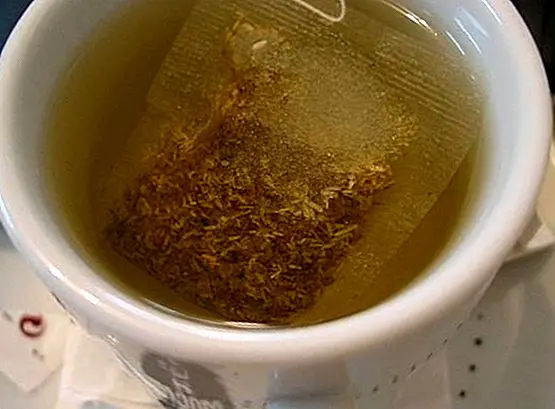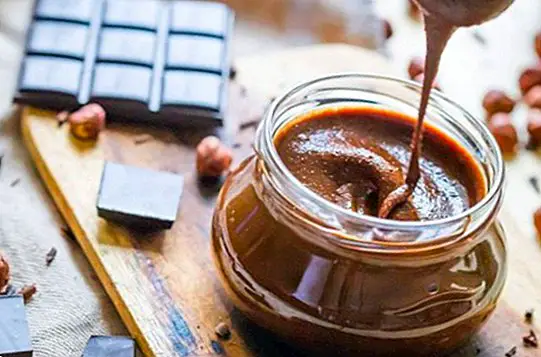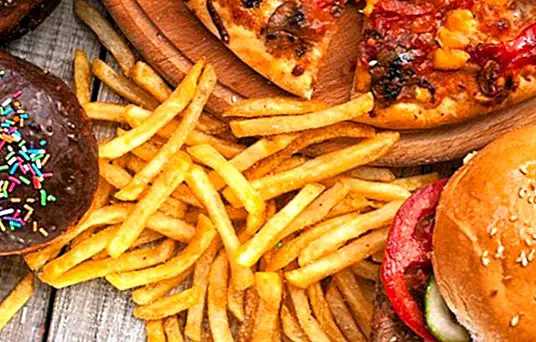Useful tips to improve slow digestion
Some people suffer from slow digestion and this can have somewhat annoying consequences that lead to other conditions and diseases. Slow digestion is a problem that affects more and more people, due, in part, to poor diet.
But it has treatment and can be cured thanks to the advice of the doctor, and through natural remedies indicated for the relief of slow digestion. 
What is slow digestion and what are its causes
Food, when passed to the body, is absorbed and nutrients are sent to the organs through the blood. When the digestive system does not work properly, this function is not performed well and that is when we say that it is a slow or inactive digestive system.
The causes of slow digestion are variable, and depends on each person, their organism, circumstances and associated diseases.
Constipation is a possible causeWith this, food accumulates in the stomach and the intestine suffers when it does not defecate properly. Conversely, diarrhea is another condition related to the digestive system that can cause digestion to be slower.
A poor diet, consisting exclusively of foods rich in fat, salt and proteins, can cause slow digestion. Depending on the person, these foods can be more complicated and difficult to digest.
Another cause can be presented by different stages that we are going through in life. This is the case of pregnancy, being a quite normal symptom or cause, especially during the first and second trimesters.
For this it is best to avoid heavy meals, drink water, exercise regularly and / or consult the doctor about whether it will be temporary for a few months, it will be extended throughout the pregnancy or it may be prolonged over time. 
In the elderly, digestion can be much slower and heavier, by slowing down the daily actions, exercise less and eating.
Certain medications are a direct cause of slow digestion. In this case, they can be antibiotics and analgesics, but taken on a regular basis. Normally, before the suspension of the taking of these drugs, the problem disappears, but it is better to consult the doctor to change the medication.
Symptoms of slow digestion
Like the causes, the symptoms of slow digestion are several and depend on each person. Normally, when there is a somewhat slow and heavy digestion, they usually appear belly and stomach pains, desire to vomit, accompanied by nausea.
It also highlights the tiredness, and stomach swelling, along with gas, which are quite common when digestion is slow. This is accompanied by burning and constipation, among others.
How to prevent slow digestion
Certain habits will help prevent this type of digestion. In the beginning, we must pay special attention to food and avoid fat and heavy meals, especially if we know that we do not feel well. 
Avoid certain drinks with gas and sugar, as well as caffeine and alcoholic beverages. It is recommended to increase the consumption of foods rich in fiber that improve the process of digestion. It is also advisable to drink water daily to improve intestinal transit.
It is also important to always eat at the same times, make five meals a day without being plentiful, chew slowly, eat slowly, without haste, and have a varied diet, rich in fruits, vegetables and fish. Exercising regularly and leading a healthy life are also solutions to heavy and somewhat slow digestions.
Natural remedies to relieve slow digestion
Some doctors recommend taking probiotics and prebiotics that improve the intestinal flora. We can find this in foods rich in fiber, in yogurts, as well as in certain vegetables and green leafy vegetables. 
The infusions are also good, especially anise, chamomile, mint, fennel, licorice, cumin, ginger, and flax or chia seeds which are used to a large extent to flavor various foods.
In addition to these infusions, teas are good (which do not have a large amount of theine and are lighter), such as green tea or anise tea, both with properties to reduce gas and stomach inflammation. This article is published for informational purposes only. It can not and should not replace the consultation with a Physician. We advise you to consult your Trusted Doctor. ThemesDigestion Gastrointestinal disorders



